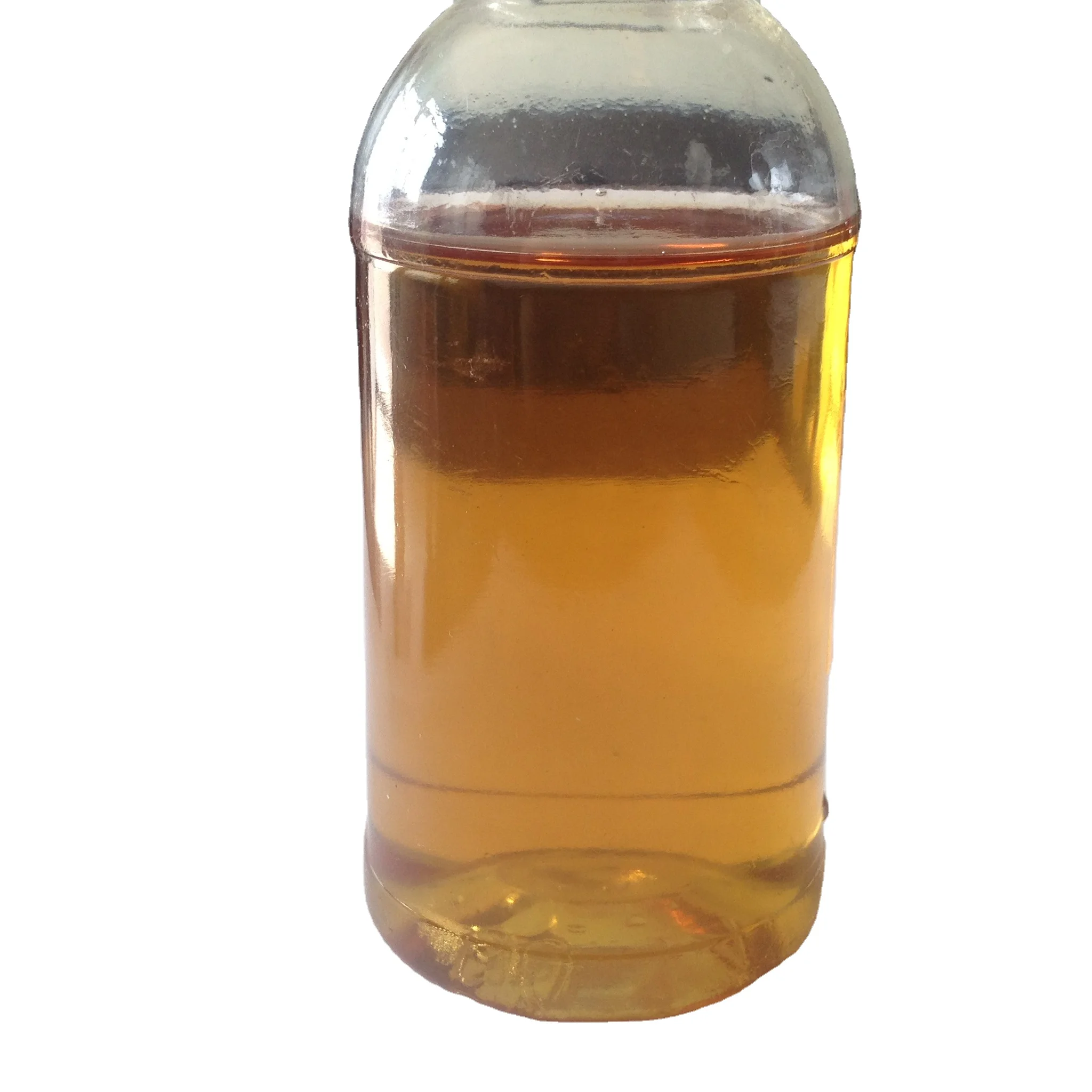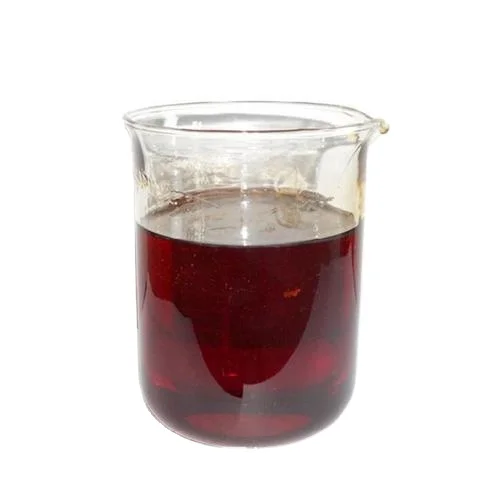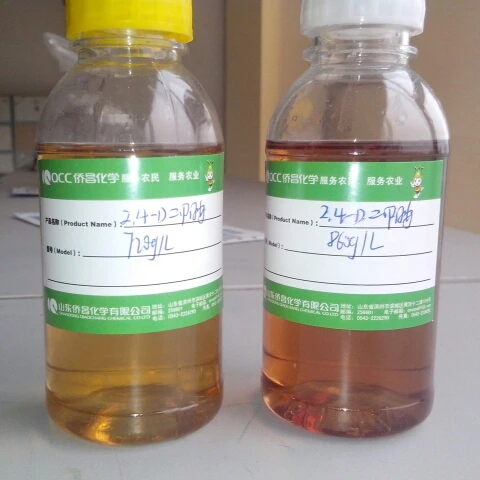హర్బాయిడ్: కింది పల్లెలను తమిసే అవకాశాన్ని చేసుకోవడానికి వ్యాపారీ ఉత్పత్తులు రచించిన రసాయనం. పల్లెలు వాయువు, నీటి లేదా ఇతర ప్రాణుల ద్వారా సహజంగా పెరుగుతున్న ఆ పంటలు. మీ ఉద్యానంలోని మరొక బహుమాన్యమైన (మరియు అవసరమైన) పంటను పొందించవచ్చు మరియు అవి భూమి నుండి అన్ని పుష్టి తీసుకువచ్చు, ఉదాహరణకు భోజనం, సూర్య ప్రకాశం మొదలగుదా. ఇది స్వస్థులు పంటలు పెరుగుతున్నప్పటికీ తాను పెరుగుతున్న పల్లెల ద్వారా తాముడే తాము పెరుగుతున్నాయి. కాబట్టి పంటల పాలనను మేంగా చేయడానికి మరియు అవి పెరుగు అవకాశాన్ని ఇచ్చడానికి పరిశ్రామంలో హర్బాయిడ్ ఉపయోగం గణాయితో ముఖ్యంగా ఉంది. కానీ బాగున్న హర్బాయిడ్ అనుమతి లేకుండా వాటి పర్యావరణాన్ని నష్టప్పుడు అనేక మంది మంది స్వాస్థ్య సమస్యలను ఏర్పరచవచ్చు. కాబట్టి హర్బాయిడ్ రకాల మధ్య మాత్రం మరియు అవి ఎలా సుఖంగా ఉపయోగించబడవచ్చు అందుకే ముఖ్యంగా అవగాహన ఉంచడం అవసరం. ఇక్కడ ఇంగ్లీష్ వెర్షన్
గ్రామ్యం వంటి రసాయనాలను మీ లాం పై అనువర్తించడంతో, రసాయనాల వివిధ రకాలు ఉన్నాయి: ఎంపికాత్మక మరియు అపేక్షకాత్మక. ఇవి నిజంగా ఏకైక శూకరాణు తొలగింపులు, ఇవి మాత్రమే ప్రత్యేక శూకరాణులను గుర్తించి తొలగించబడతాయి. ఇది వారి పంచెలు తొలగించకుండా, శూకరాణులను మాత్రమే తొలగించడం అనుమతిస్తుంది. అపేక్షకాత్మక గ్రామ్యం భారీగా ఉంటుంది, బాగా ఉంటే వాటి వినియోగంతో అన్ని వాతావరణ ద్రవ్యాలను నష్టపరంగా చేస్తాయి, కాబట్టి గడ్డ మరియు అన్య అనుకూలమైన వాటావరణ ద్రవ్యాల ఒక పూర్ణ ప్రాంతాన్ని తొలగించవచ్చు. పంచెలను రక్షించడానికి ఫార్మర్స్ సాధారణంగా ఎంపికాత్మక గ్రామ్యాలను ఎంచుకుంటారు. ఫార్మర్స్ అన్ని ప్రకృతి వాతావరణ ద్రవ్యాలను తొలగించాలి అవసరం ఉంటే అపేక్షకాత్మక గ్రామ్యాలను ఉపయోగిస్తారు.
గాడుల దాటనివారి (Herbicides) కూడా... చివరిగా మెక్కాది గాడుల పత్రాలకు తొలగించబడతాయి, అందువల్ల వాటికి తేలికగా పనిచేసుకోవడం సహాయపడతాయి. మెరుగైనివారి భూమికి చేర్చబడతాయి, అందువల్ల వాటికి భూమిలో దాటి వచ్చే గాడుల మూలకాలతో సంప్రదించడం సహాయపడతాయి. మెరుగైనివారి గాడులోకి నేరుగా ఉంచబడవచ్చు, ఇది systemic herbicide అని అழించబడుతుంది. ఇది గాడులోకి వచ్చి లేకుండా గాడులను దాటడానికి సహాయపడుతుంది. ఫార్మర్లు వాటి బహుళ గాడుల రకాల మరియు నియంత్రణ అవసరాల ఆధారంగా గాడుల దాటనివారిని వివిధ రకాలుగా ప్రయోగిస్తారు.
హర్బాయిడ్లు ఎలా పంచులకు అవసరమైనది వంటి విషయాలు కూడా తెలుసు. రాయలు, నీటి మరియు సూర్య రశ్మి లార్గ్ వాటి మధ్య పోటీ తగ్గించడం ద్వారా ఫార్మర్లకు ఏమిటంటి ఉపయోగపడతాయి. మరియు అంతగా ఉన్న గడ్డాలు తగ్గితే, బాగా ఉంచబడిన ఫలితాలు వచ్చు. ఇది అర్థం చేస్తుంది రాయలు ఎక్కువగా పొడవచేస్తాయి, పెరిగి మరియు అందుబాటులో ఉంటాయి మరియు అందువల్ల మనం అన్ని మానవత్వం కు ఎక్కువ రాయలు తిరుగుతాయి. రెండవ బిందువు హర్బాయిడ్లు ఫార్మర్లకు సమయం మరియు ఆర్థికం పడుతుంది, అవి గడ్డాలను తనిఖీ చేయడం ద్వారా పెంచడానికి ఆవశ్యకం కాదు మరియు అందువల్ల సమయం తగ్గించబడుతుంది. ఈ అతిరిక్త సమయం అవి ఇతర ముఖ్యమైన పనుల్లో పాల్గొనే అవకాశాన్ని ఇచ్చుకుంది: పాటు చేయడం, నీటించడం, మరియు సరిపోయిన సమయం వచ్చినప్పుడు వంటి పనులు చేయడం.

గ్రామీణ పదాలను రక్షించడానికి వంశకథాలు కొత్త సాధనంగా ఉంటాయి, అవి తప్పుగా ఉపయోగించబడినప్పుడు పర్యావరణం, మానవుల కూడా బాధించగలవచ్చు. ఇది గంభీర ఫలితాలను కలిగి ఉంటుంది - ఉదా: వంశకథాలు వర్షాని నుంచి ఆల్స్ లో పడి దారుణంగా సమీప నదుల్లో, సరసుల్లో వస్తాయి. ఈ నిలువులో వస్తున్న జీవులను, మానవులను కూడా బాధించవచ్చు. మరియు వంశకథాలు మేలుగు పొంగుగా ఉండే ప్రాణులను కూడా బాధించవచ్చు, ఉదా: మెండులు ప్రభృతి. అవి ప్రసారణ ద్వారా పంటల పెరుగుదలను సహాయిస్తాయి. ప్రాణుల కోసం ప్రయోజనంగా ఉండే ఇవి ప్రయోజనాలు కావాలి; ఇవి లేని సమయంలో పంటల పెరుగుదల కష్టంగా ఉంటుంది. వంశకథాలు భూమిపై, చుట్టూ ఉన్న పర్యావరణాన్ని బాధించవచ్చు మరియు భూమి ఖండనాన్ని ఏర్పరచవచ్చు. వర్షాని నుంచి వంశకథాలు ఎగరవయిన భూమిని తీసుకురావడం వల్ల నిలువులో మందిగా ఉంటుంది మరియు భూమి నాణ్యత గంభీరంగా తగ్గించి వస్తుంది ఇది భవిష్యత్తులో ప్రాంతాల్లో పంటల పెరుగుదలను కష్టంగా ఉంచుతుంది.

గులాబు ద్రవ్యాలు సుఖాన్ని ఉపయోగించకపోతే అప్పుడు అవి అభావకరమైనవి కావచ్చు, కాబట్టి వాటిని ఉపయోగించుటకు నిజంగా మీరు ప్రాధాన్యత ఇవ్వాలి. అతని గులాబు ద్రవ్యాల ఉపయోగానికి కొన్ని ప్రాథమిక సుఖాలు ఉన్నాయి.

ఎందుకంటే హెడ్ లేబుల్ చదవండి మరియు రెండు గా ఉపయోగించండి. మరియు గులాబు ద్రవ్యాల ఉపయోగానికి ముఖ్యంగా వాటి ఉపయోగం దాటివెళ్ళడానికి అవసరం ఉంది మరియు మీరు అవి ముందుగా చదివి ఉంచాలి. ఇది అర్థం అవి సుఖాన్ని ఉపయోగించబడతాయి మరియు ప్రత్యేకంగా ఉపయోగించబడతాయి.
మేము మీ సహాయం కోసం ఎప్పుడూ బెదిరించుకున్నాము.